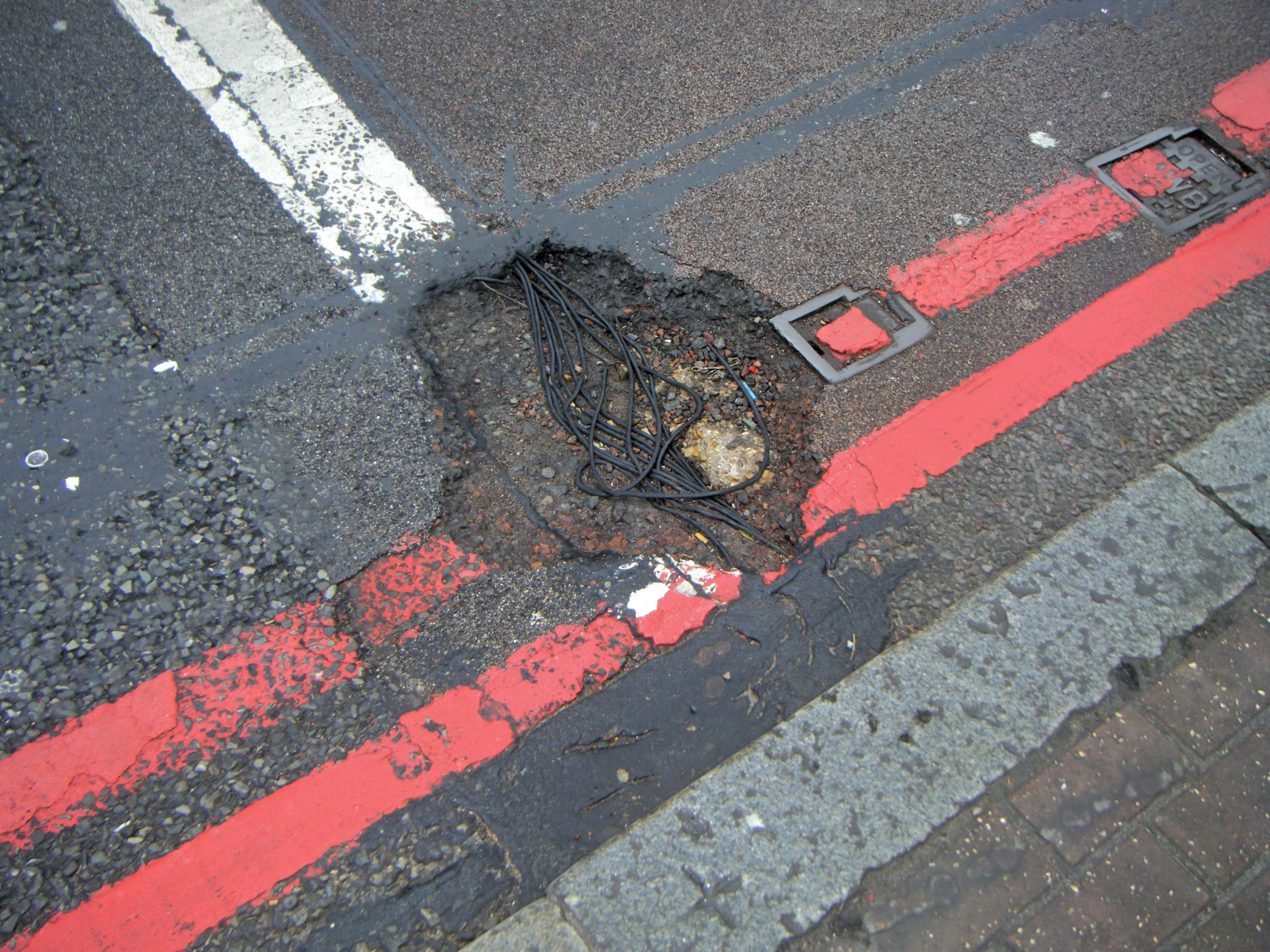
The
At its first ERF biennial Symposium on Road Infrastructure Challenges in June, more than 100 stakeholders heard the ERF demand the “opening (of) a dialogue between industry and road authorities to ensure a greater uptake of more innovative (funding) solutions.” The federation wants to see the member states exploit schemes that are “already available in the market.”
The symposium brought together a host of leading industry figures to debate key challenges facing the European road sector and also called for “the inclusion of minimum performance requirements on the TEN-T road network to ensure higher safety for users; the alignment of on-going initiatives in sustainability and road infrastructure to take benefit of the opportunities present in the new Directive for Public Procurement with respect to green and durable infrastructure; and the optimisation of the development of ITS solutions for road infrastructure with priority given the interaction between existing ADAS technologies (such as Lane Departure Warning Systems) and current core infrastructure elements.”
More money needs to be found, and quickly, was the message. “We are convinced that greater collaboration is needed between the private and public sectors to deal with the future road infrastructure challenges,” said Christophe Nicodème, ERF director general.
Speaking about the new European Road Initiative (ERI) “e-motion” campaign to “inspire action for better roads,” Siobhan McKelvey marketing director of Nynas Bitumen, told the symposium that “funding and investment in road infrastructure has always been a difficult challenge within decision-making and government priorities,” and that the EU is “now experiencing some of the lowest-ever levels of spending.”
“There is recognition from authorities and various stakeholders that investment is needed to avoid irreversible deterioration and preserve the asset,” McKelvey added, and “there is likely to be more focus on increasing road efficiency and productivity, hence an emphasis on maintenance, road/service performance and asset preservation.”
As a result, she is helping to spearhead the “e-motion” campaign which “aims to become the voice of the road user through social awareness campaigns and content promoting the role of roads across Europe.” Under the e-motion banner, a slew of new websites and social media feeds is being set up.
Already in place are: %$Linker:
The campaign will lobby hard, just like the ERF, to create a “central forum to organise and react to conversations about roads.” Both groups want to see the “general public using social media as a platform to talk about roads, to form opinions, to organise debates, and to attempt to influence decision makers.”
Maria-Cristina Marolda, the policy officer in charge of research and innovative transport systems in the EC Directorate General for Mobility and Transport, told the delegates present that “European transport infrastructure is faced with multi-faceted challenges (capacity, environment, climate change, economy)” and that the “key will be to find innovative solutions to increase the performance, robustness and efficiency of infrastructure for all modes of transport.”
Use the EU’s PPI initiative she said. This system, called “The Public Procurement of Innovative Solutions” will allow, according to Marolda, the “public sector to act as launching customer for innovative products and services that are newly arriving on the market.”
It has put in place an environment where the “public sector can establish a buyers group with critical mass that triggers industry to scale up its production chain to bring products on the market with desired quality / price ratio within a specific time.” It also allows “innovation providers to compete Europe-wide for the supply of a scaled production of their innovative products/solutions and enter a wider market ... and to co-operate with other suppliers to provide a complete set of products to match more complex challenges.”






